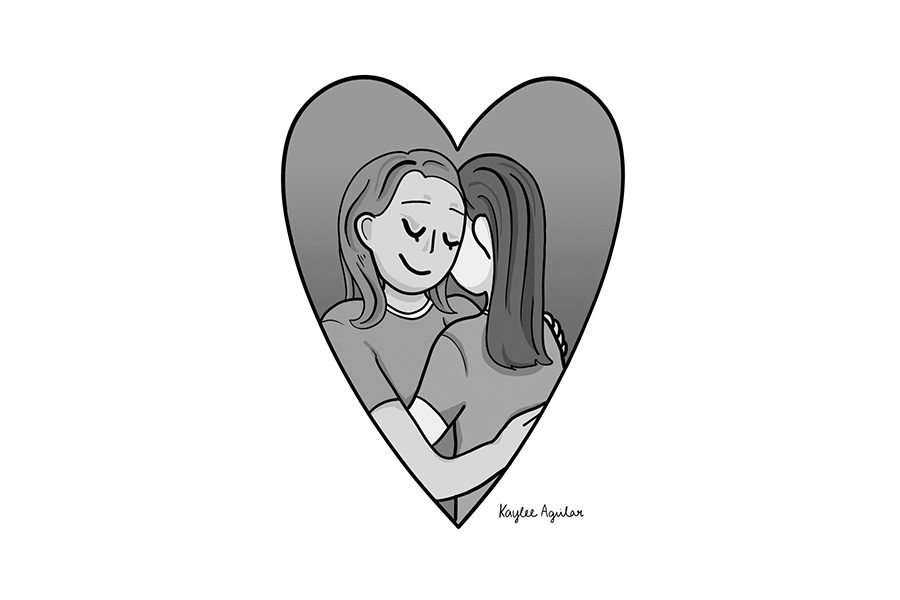Forgiving in the face of hate
November 5, 2019
On Oct. 3, former Dallas police officer Amber Guyger was sentenced to 10 years in prison for the murder of her neighbor, Botham Jean.
The most shocking moment in the courthouse, however, was not the sentence or even the fact that she was convicted for murder and not manslaughter. It was when the 18-year-old brother of Botham, Brandt Jean, forgave Guyger and even hugged her.
These actions, while seemingly simple, sparked a debate on the practice of forgiveness in such a situation. Was this act of forgiveness justified? Should it have been done?
In a time when hate seems to be most prevalent, in both the United States and around the world, someone taking a moment to forgive someone else of a heinous crime is a necessary reminder of something incredibly important.
It shows that, in this hate-filled world, the most powerful thing we can do is forgive.
Not all of us are going to be in the scenario that requires forgiving someone for murdering a loved one and hopefully, none of us ever will. But in our everyday life, we have struggles with family members, friends, teachers, students and more.
Forgiveness is incredible for a number of reasons, but perhaps the most important reason is it can allow the other person as well as ourselves, to grow, and become better. Shaming a person for something they did can only go so far. Yes, they may realize what they did was wrong, but forgiveness can do the same in a much kinder way.
When someone does something wrong to us, we do not have to respond with hate. We have enough hate in the world, there is no need for more of it. Choosing to forgive someone, choosing to do an act of kindness, is something that can be passed on. Choosing to act on kindness over hate means spreading love, and we need a little more of that.
Some argue forgiving can lead the other person to repeat their actions. Here’s what we have to understand: forgiveness does not mean enabling toxic behavior. Forgiveness means to stop feeling angry or resentful towards someone for an offense.
Forgiveness does not mean saying, “It’s OK.” In fact, this term is often used for forgiveness, when it shouldn’t be. There’s a large difference between saying, “It’s OK” and “I forgive you.” Both may be forgiving, but one says the action can be repeated, while the other says they are forgiven, but the action is not OK.
Forgiving also does not mean allowing them to continue that behavior, or be in your life. You can forgive someone without being OK with their behavior, and you can make the decision to terminate the relationship and still forgive them.
Ultimately, it is a personal decision. Regardless of whether the other person wants your forgiveness, acts on that forgiveness or anything else to do with it, when you choose to forgive, even if it does nothing for the other person, you are choosing to move on.
Rather than just cutting someone out of your life without a thought, remember forgiveness is more powerful than any other action. Taking time to forgive someone might do more than you expect, for both them and you.
Follow @CHSCampusNews on Twitter.










